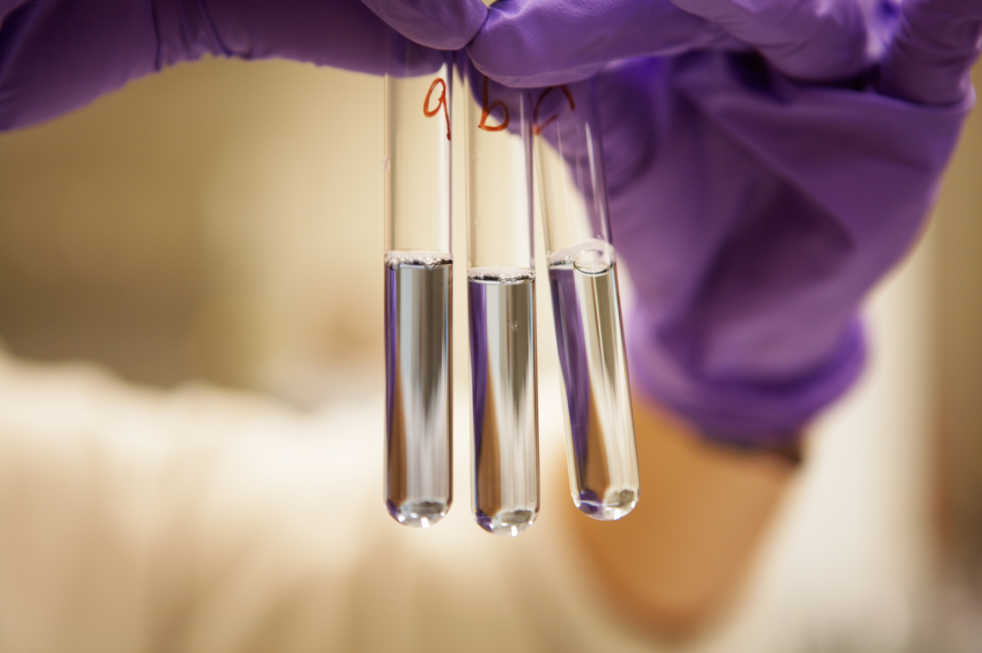Medical school has been that elusive end goal for many a big-dreaming Tech student. But having aspirations toward sticking unsuspecting randoms with needles and related actions is one thing. Getting life organized in such a way so as to build a track to that point is entirely another.
Director of Pre-Graduate and Pre-Professional Advising Shannon Dobranski, Ph.D., oversees the advising programs and services for not only pre-health but also pre-law, pre-teaching, pre-graduate and prestigious fellowships. According to Dobranski, students interested in pursuing the pre-health track at Tech should ensure that, before getting too far into the track, helping other people feels natural and comes easily. Math and science skills are good as well, but those can be cultivated.
“There is no one timeline for deciding to pursue a career in medicine,” said Pre-Health Advising Manager and Pre-Health Adviser for Tech Francisco Castelan regarding the kind of steps that prospective pre-health track students can take to make sure they are prepared.
“Being flexible is important as each individual will have their own journey and will need to test and confirm that a career in medicine is a good fit.”
While maintaining a fairly high GPA will very likely never hurt one’s application to a medical school, both Dobranski and Castelan explained that there definitely are other factors in the equation that determines the individuals with successful applications to medical school.
“Health professional schools are looking for leaders in academics, research and/or a community,” Castelan said. “Students should be able to connect why they chose to follow a certain path and be able to be strong writers and interviewers so that they can demonstrate that they have gained the professional skills and competencies that will be expanded upon in their training in their professional program.”
“Medical schools want to know that students are able to balance a challenging career with a satisfying personal life,” Dobranski said. “They are looking for interesting people, not just great scientists and students. They also want to know that applicants are making an informed decision about their profession, based on experience in a clinical setting.”
In order to gather the type of “interesting people” that Dobranski says medical schools look for, she says finding extracurricular activities that are fun and meaningful is key. She added that students should not be afraid to seek help when they find that classes are difficult. Having assistance in harder classes could serve to keep time in the schedule open to become a more balanced person. Castelan added that students should focus on a few activities or experiences that are important to them rather than opting for a wide breadth.
“While MCAT scores and GPA are important in the application process, applicants to medical schools typically stand out by the extracurricular activities and the unique experiences they gain as an undergraduate careers,” Castelan said.
To make sure that the greatest number of prospective students succeed, Dobranski recommends that pre-health track individuals make an appointment with the Pre-Health Advising Office at least once a semester in order to ensure that they are on the proper trajectory. Castelan explained that students should take advantage of the resources that the Office offers and not be afraid.
“Often students are concerned that meeting with us will somehow crush their dream to attend medical school but our mission is totally the opposite,” Castelan said. “We are here to help students navigate their preparation and their timing of applying.”
The Pre-Health Advising Office’s spring 2018 drop-in hours are Monday, Wednesday and Friday from 8:30 a.m. to 9:30 a.m. and Tuesdays and Thursdays from 3:30 p.m. to 4:30 p.m.
